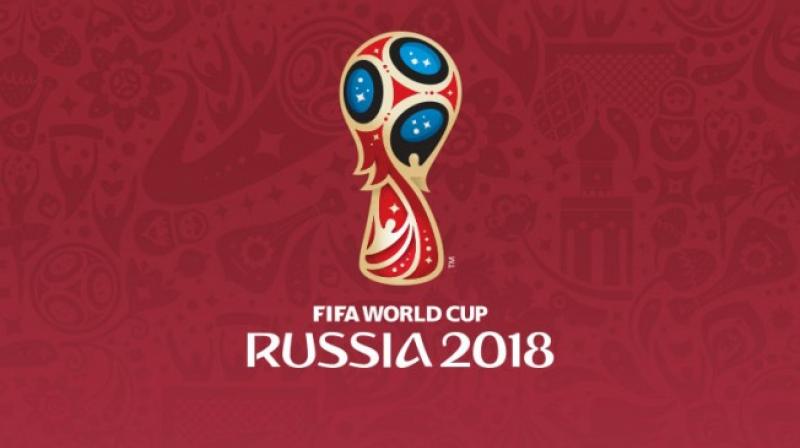All is not fair in VAR? Teams pay the penalties

Chennai: A verbal war has erupted over Video Assistant Referee (VAR) at the 2018 World Cup. While VAR calls have helped France, Sweden, Peru and Egypt earn a penalty each, and three points in the case of the first two teams, Brazil and England have questioned VAR for turning a blind eye to fouls in the box.
Is VAR good for football? Absolutely. It ensures justice because penalties, awarded or not awarded, can alter the course of a match. A goal scored from an off-side position can also be decisive.
VAR is an effective tool to correct obvious mistakes of referees, as we saw in the case of the penalty awarded to a foul on Frenchman Antoine Griezmann against Australia. Without the technological aid, there was no way the referee could have arrived at the right decision. VAR was once again spot on as it ruled Egypt’s Mo Salah was fouled inside the box against Russia and not outside as ruled by the on-field referee. The introduction of VAR is the main reason for the spurt in penalties at the 2018 World Cup. VAR has contributed four penalties to the 10 awarded in 17 matches at Russia so far while all the 48 group stage matches at the 2014 World Cup saw only 10 penalties.
Can VAR right all erroneous calls in football? No. For example, a wrong decision of the referee almost robbed Japan a historic win against Colombia on Tuesday. Although a Colombian forward had fouled a Japanese defender just outside the box, the referee awarded a free kick to the South American team. Colombia made it 1-1 from the direct free kick. VAR was powerless in this case because the decision was beyond its jurisdiction.
Maybe VAR will get more teeth in the future to ensure fair play. Had not Japan scored another goal to seal a 2-1 win, the post-match discussions would have centred on the free kick. Fifa has rightly asked assistant referees in Russia not to raise their flags for tight off-side calls because their decisions can’t be reversed. A wrong off-side call might prevent a team from scoring a legitimate goal.
The complaints of Brazil and England pertain to “fouls” that had escaped VAR’s attention. Swiss player Steven Zuber’s slight push on Brazilian defender before he headed the ball home was par for the course inside the box. It wasn’t a foul. A foul on Brazilian forward Gabriel Jesus was also not serious enough to warrant a penalty. England, on the other hand, were right as they had been denied a penalty after a Tunisian defender had wrestled Harry Kane to the ground. So it is better to say VAR must be more vigilant than calling for a ban on it.

